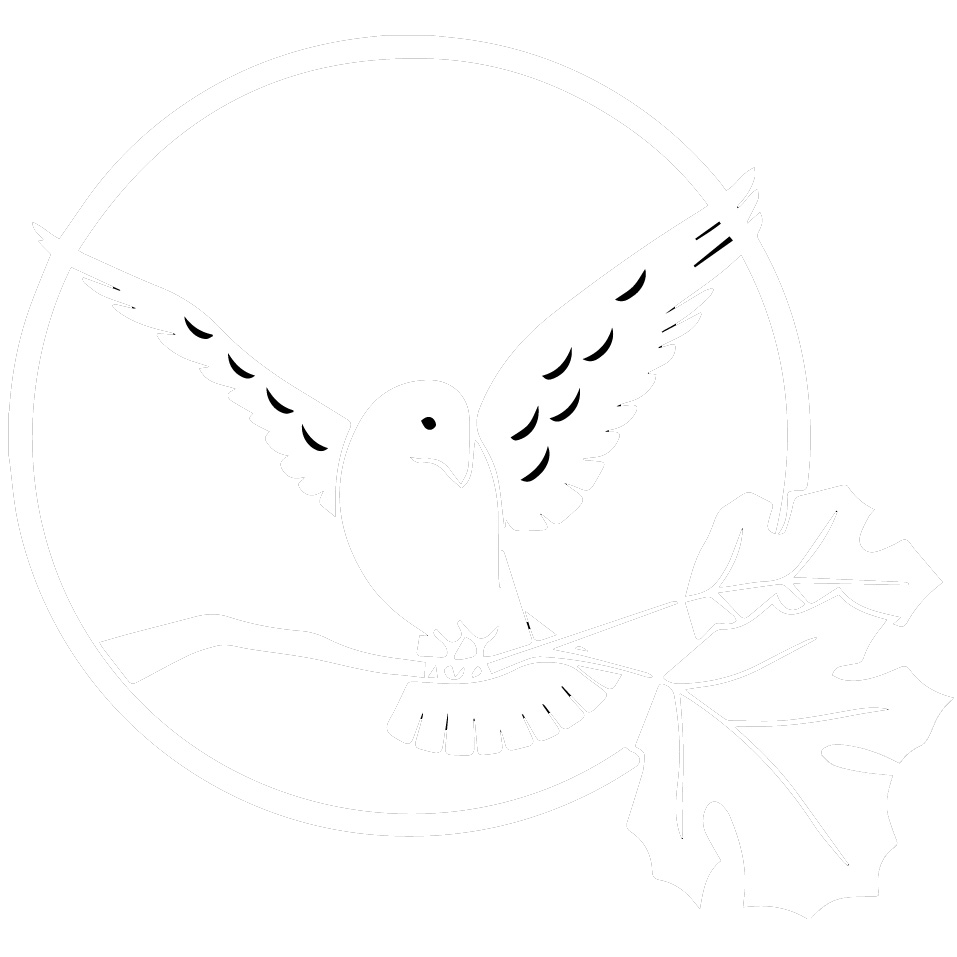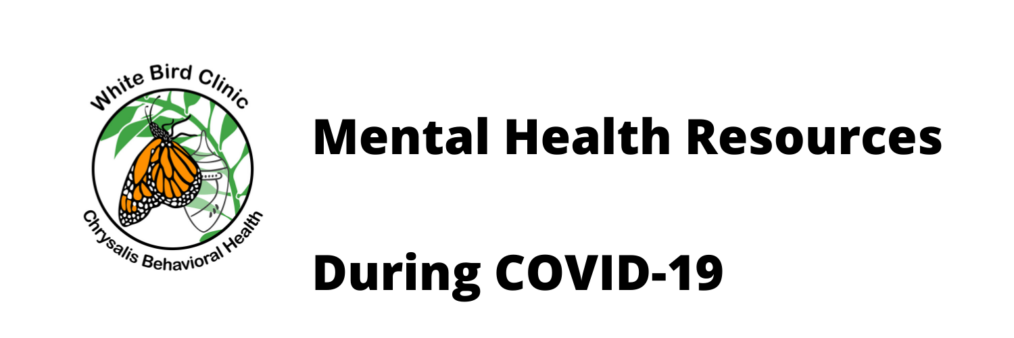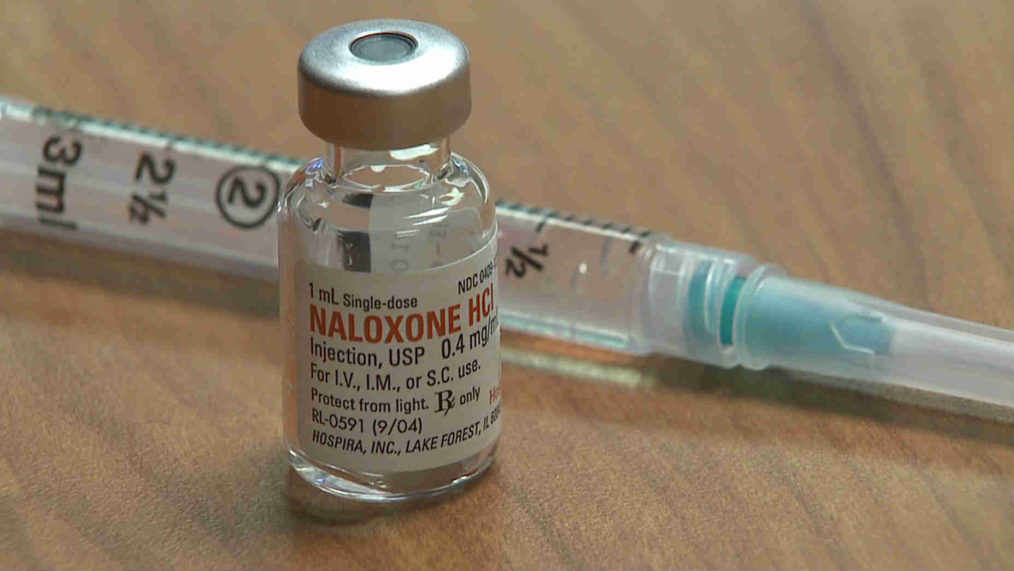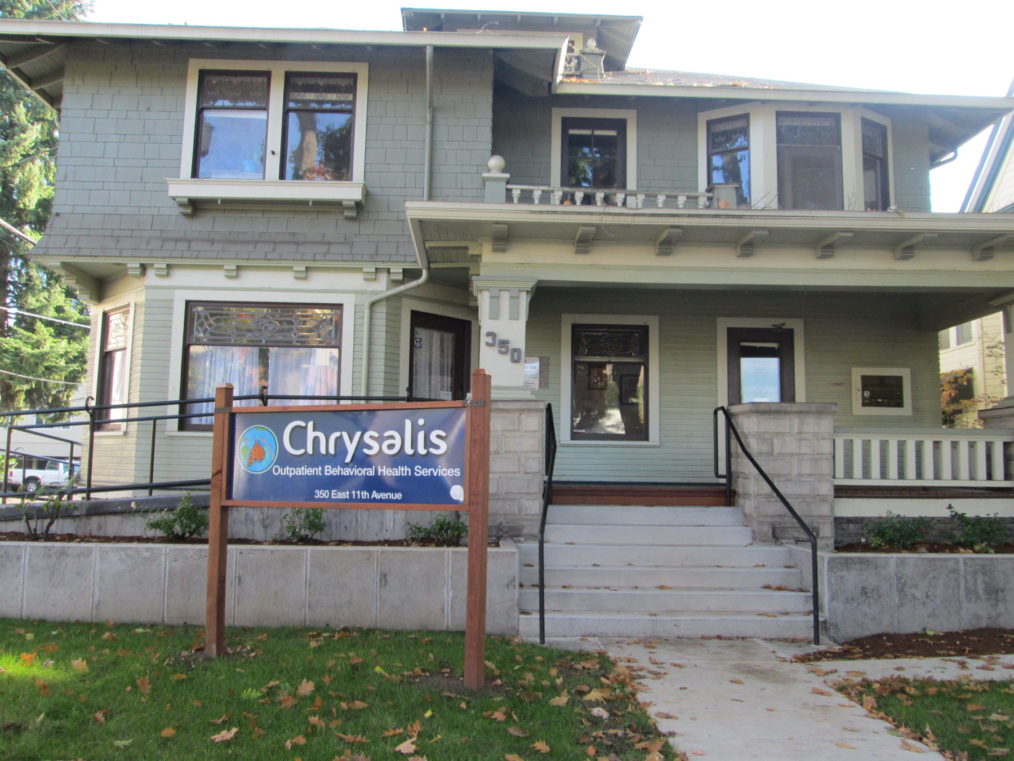Looking for our COVID-19 community resource page? We moved it over here.
As leaders on the frontlines of mental illness and substance abuse disorder treatment, we know how difficult it can be to cope with the outbreak of coronavirus disease 2019 amidst the loss of familiar resources. Fear and anxiety about a disease can be overwhelming and cause strong emotions. Coping with stress will make you, the people you care about, and your community stronger.
People with preexisting mental health conditions should continue with their treatment and be aware of new or worsening symptoms. The White Bird Crisis line will continue to be accessible 24/7 by phone at (541) 687-4000. For an in-person response, CAHOOTS continues to operate 24/7 at this time, if you are in Eugene please call (541) 682-5111, for those in Springfield please call (541) 726-3714.
Telehealth
Telehealth appointments are available for both new and returning Counseling and Chrysalis clients. Intake forms for new clients are now available online.
Online Support Groups
7 Cups: www.7cups.com Free online text chat with a trained listener for emotional support and counseling. Also offers fee for-service online therapy with a licensed mental health professional. Service/website also offered in Spanish.
Emotions Anonymous: www.emotionsanonymous.org An international fellowship of people who desire to have a better sense of emotional well-being. EA members have in person and online weekly meetings available in more than 30 countries with 600 active groups worldwide. The EA is nonprofessional resource and cannot be a replacement to therapy.
Support Group Central: www.supportgroupscentral.com Offers virtual support groups on numerous mental health conditions – free or low-cost. Website also offered in Spanish.
The Tribe Wellness Community: www.support.therapytribe.com Free, online peer support groups which is tailored to members who are facing mental health challenges and/or difficult family dynamics. Support groups include Addiction, Anxiety, Depression, HIV/AIDS, LGBT, Marriage/Family, OCD and Teens.
For Like Minds: www.forlikeminds.com Online mental health support network that allows for individuals to connect with others who are living with or supporting someone with mental health conditions, substance use disorders, and stressful life events.
Guidebooks & Tip Sheets
The NAMI HelpLine Coronavirus Information and Resources Guide may be helpful if you have questions or concerns.
SAMHSA’s Tips for Social Distancing, Quarantine, and Isolation tip sheet describes feelings and thoughts you may have during and after social distancing, quarantine, and isolation. It also suggests ways to care for your behavioral health during these experiences and provides resources for more help.
Text/Chat
News about the coronavirus can increase feelings of anxiety. If you’re struggling, text Mental Heath First Aid to 741-741 to talk to a CrisisTextLine counselor.



